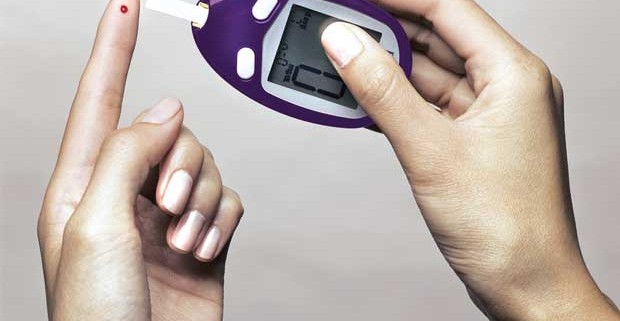Women with sleeping difficulties are at increased risk for Type 2 diabetes, researchers report.
Scientists used data from 133,353 women who were generally healthy at the start of the study. During 10 years of follow-up, they found 6,407 cases of Type 2 diabetes.
The researchers looked at four sleep problems: self-reported difficulty falling or staying asleep, frequent snoring, sleep duration of less than six hours, and either sleep apnea or rotating shift work. The study is in Diabetologia.
Self-reported difficulty sleeping was associated with higher B.M.I., less physical activity, and more hypertension and depression. But even after adjusting for these and other health and behavioral characteristics, sleeping difficulty was still associated with a 22 percent increased risk for Type 2 diabetes.
Compared to women with no sleep problems, those with two of the sleep conditions studied had double the risk, and those with all four had almost four times the risk of developing the illness.
The senior author, Dr. Frank B. Hu, a professor of nutrition and epidemiology at Harvard, said that sleep problems are associated with excess secretion of two hormones: ghrelin, which increases appetite, and cortisol, which increases stress and insulin resistance. Both are linked to metabolic problems that increase the risk for diabetes.
“And,” he added, “it’s not just quantity of sleep, but quality as well” that is associated with these health risks.


